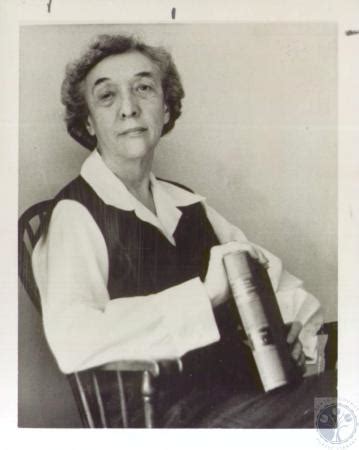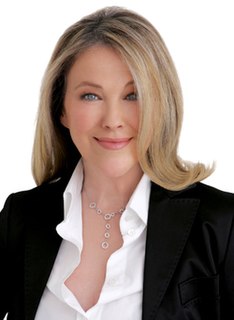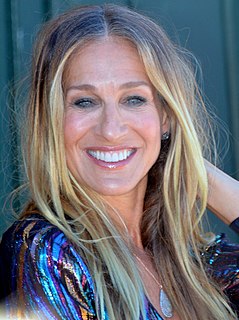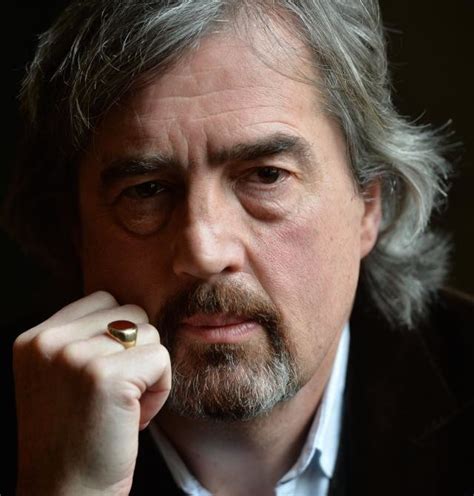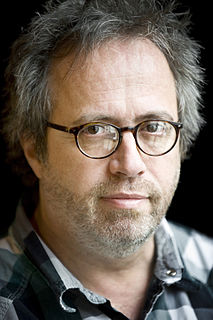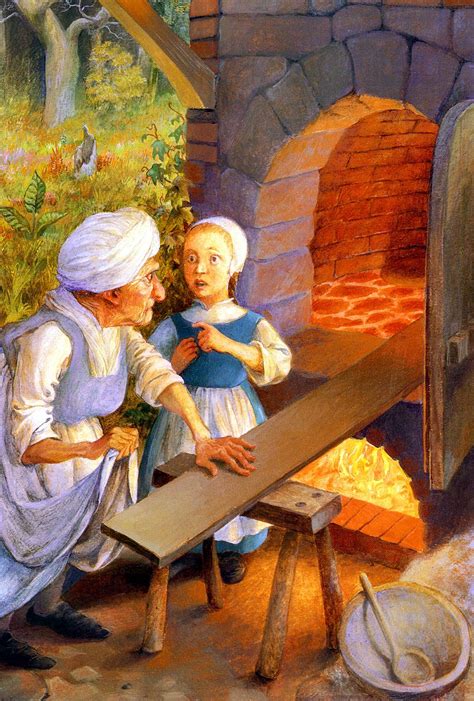A Quote by Dean Koontz
Each book is a mind alive, a life revealed, a world awaiting exploration, but living people are all those things, as well—and more, because their stories haven’t yet been completely told.
Related Quotes
William Shakespeare was the most remarkable storyteller that the world has ever known. Homer told of adventure and men at war, Sophocles and Tolstoy told of tragedies and of people in trouble. Terence and Mark Twain told cosmic stories, Dickens told melodramatic ones, Plutarch told histories and Hans Christian Andersen told fairy tales. But Shakespeare told every kind of story – comedy, tragedy, history, melodrama, adventure, love stories and fairy tales – and each of them so well that they have become immortal. In all the world of storytelling he has become the greatest name.
I don't think he was knowable. I mean, when most people talk about knowing somebody a lot or a little, they're talking about the secrets they've been told or haven't been told. They're talking about intimate things, family things, love things," that nice old lady said to me. "Mr. Hoenikker had all those things in his life, the way every living person has to, but they weren't the main things with him.
When I'm writing for a book, it's much more reflective process. I have certain things that may not translate well to the stage, but, when they're on the page, people can really get into them. My first two books were aiming to be funnier, but the third was more about deep exploration. Things about being a parent and growing older that I thought would be perfect for a book.
Young people, especially young men due to culture and perhaps testosterone, dream about changing the world, making an impact, doing big things. Now our young people are told life was better in the past, that we should be less ambitious and hold on to what we have. The grand narratives of exploration and change that drove the world forward for a century have been tamed.
I remember sitting in his office a hundred times during those grim months and each time thinking, What on earth can he say that will make me feel better or keep me alive? Well, there never was anything he could say, that's the funny thing. It was all the stupid, desperately optimistic, condescending things he didn't say that kept me alive; all the compassion and wamrth I felt from him that could not have been said; all the intelligence, competence, and time he put into it; and his granite belief that mine was a life worth living.
Each of us is comprised of stories, stories not only about ourselves but stories about ancestors we never knew and people we've never met. We have stories we love to tell and stories we have never told anyone. The extent to which others know us is determined by the stories we choose to share. We extend a deep trust to someone when we say, "I'm going to tell you something I've never told anyone." Sharing stories creates trust because through stories we come to a recognition of how much we have in common.
He loved telling stories. He had been everywhere in the world. The northwest frontier, the landscape of the Hindu Kush, was one of the great landscapes of my childhood because he used to evoke it with his stories. He taught me the sequence of ranks in the British army when I was about eight. I was in the bed with him while he told me everything about his life - except, probably, the real things, because of course you couldn't go there.
Now, the world is more than it seems to be. You know this, of course, because you read stories. You understand that there is the surface and then there are all the things that glimmer and shift underneath it. And you know that not everyone believes in those things, that there are people—a great many people—who believe the world cannot be any more than what they can see with their eyes. But we know better.
In its jolly mission to expose the dark underbelly of the children’s book world, Wild Things! turns up stories I’ve been hearing noised about for ages, but with a lot more detail and authenticity. The stories may not be quite as sordid as my own imagination had conjured up—although a few of them are—because there’s no denying that this field is full of mostly nice people!—but it’s all fun and a great read for anyone interested in both children’s books and the collection of people who make them.
I knew what I wanted to do when I set out. I knew that I wanted to write a book that told the story, obviously. I wanted it be comedy first, because I felt like there already had been childhood druggy stories that were very serious, and I felt that the unique thing here was that I was a comic and I could tell the story with some levity, and I have been laughing at these stories my whole life.


